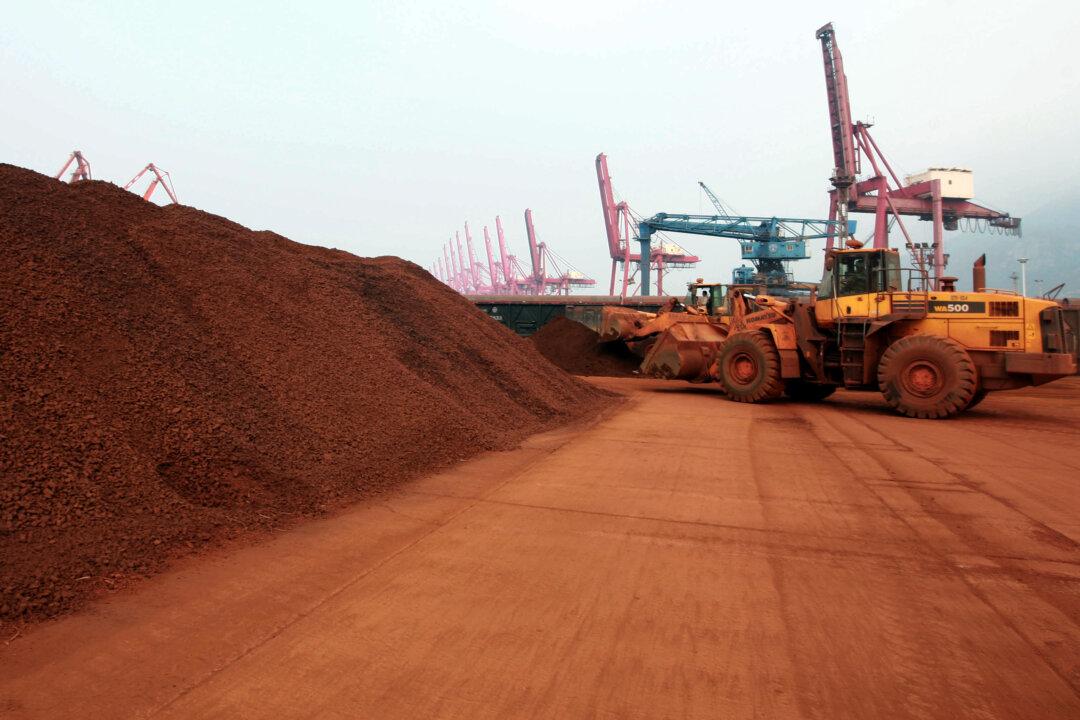China on Nov. 7 told traders to report real-time export information of rare earths as part of its latest efforts to control the supply chain of critical minerals amid tensions with the West.
Exporters of rare earth minerals will be mandated to immediately disclose details such as the destination, quantity, shipping particulars, and other transaction information, according to a statement published on the website of China’s Ministry of Commerce. The new restrictions were enacted on Oct. 31 and will last for two years.




